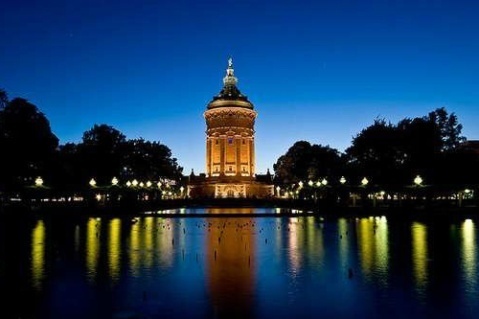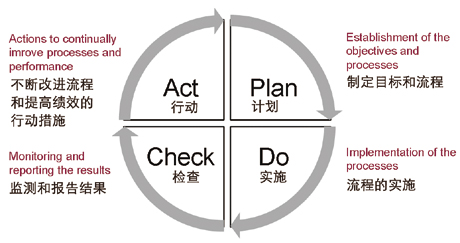
Mannheim is a city in the southwestern part of Germany, the third-largest in the German state of Baden-Württemberg after Stuttgart and Karlsruhe with a 2015 population of approximately 305,000 inhabitants. The city is at the centre of the larger densely populated Rhine-Neckar Metropolitan Region which has a population of 2,400,000 and is Germany's eighth-largest metropolitan region.
Mannheim is located at the confluence of the Rhine and the Neckar in the northwestern corner of Baden-Württemberg. The Rhine separates Mannheim from the city of Ludwigshafen, just to the west of it in Rhineland-Palatinate, and the border of Baden-Württemberg with Hesse is just to the north. Mannheim is downstream along the Neckar from the city of Heidelberg.
Nowdays,there are seven unique features of Mannheim
1. Having the positive feature and functions of a metropolis but not its negative qualities
2. Cultural diversity
3. Below average coping of the cultural diversity in the education sector (various educational successes in the city’s districts)
4. City of culture and home to the creative and music industry
5. Below average growth of population in Mannheim contrary to the growing regional population
6. Above-average identification with their city by the citizens
7. Highly specifically differenced and modern location for service businesses and industries
Mannheim, the cultural and economic centre of the Rhine-Neckar metropolitan region, is facing challenges of sustainable urban development with an integrated, effective governance model. This connects all administrative levels in a targeted and synergistic manner. Mannheim is impressive with its thorough citizen participation, which encompasses formal procedures and informal processes. Mannheim laid the cornerstone of its comprehensive, goal-oriented sustainable governance model in 2008. The CHANGE administrative reform focuses on eight strategic goals:
1. Vitalizing Urbanity
2. Attracting Talent
3. Strengthening Enterprises
4. Cultivating Tolerance
5. Enhancing Equal Educational Opportunities
6. Enhancing Creative Spirit
7. Encouraging Engagement
8. Enhancing Assets
These goals ensure overall future development capability, and lead to sustainable segment strategies for individual areas. Each of them is measured by indicators that cover technical, ecological, economic, social, demographic and subjective dimensons. Charter-Management has been put in place to bundle topicspecific action plans and to determine holistic actions. By signing various charters (such as the “Agenda 21” Aalborg charter, the Mannheim “21-point bicycle traffic plan”), the city commits to orient its activities to achieve their contents. One should highlight the monitoring system to ensure sustainable development. All departments and own operations follow effectiveness-oriented management goals, which are regularly checked using key figures, and connected to the budget.
This monitoring of goal statuses and the effects of actions allows the city to make adjustments on a timely basis, and to set the budget early accordingly. A central component of the overall strategy is connecting to a varied citizenry. Mannheim has implemented multi-level, innovative participation processes in all important city development areas. Quarterly measures, such as the Mannheim White Paper on Conversion, help to increase identification with the initiatives. The city ensures that formal processes and informal participation occur within the “Citizenship & Participation” organisational unit. Mannheim has convinced with its holistic, effective approach and novel direct venues for citizen participation.

